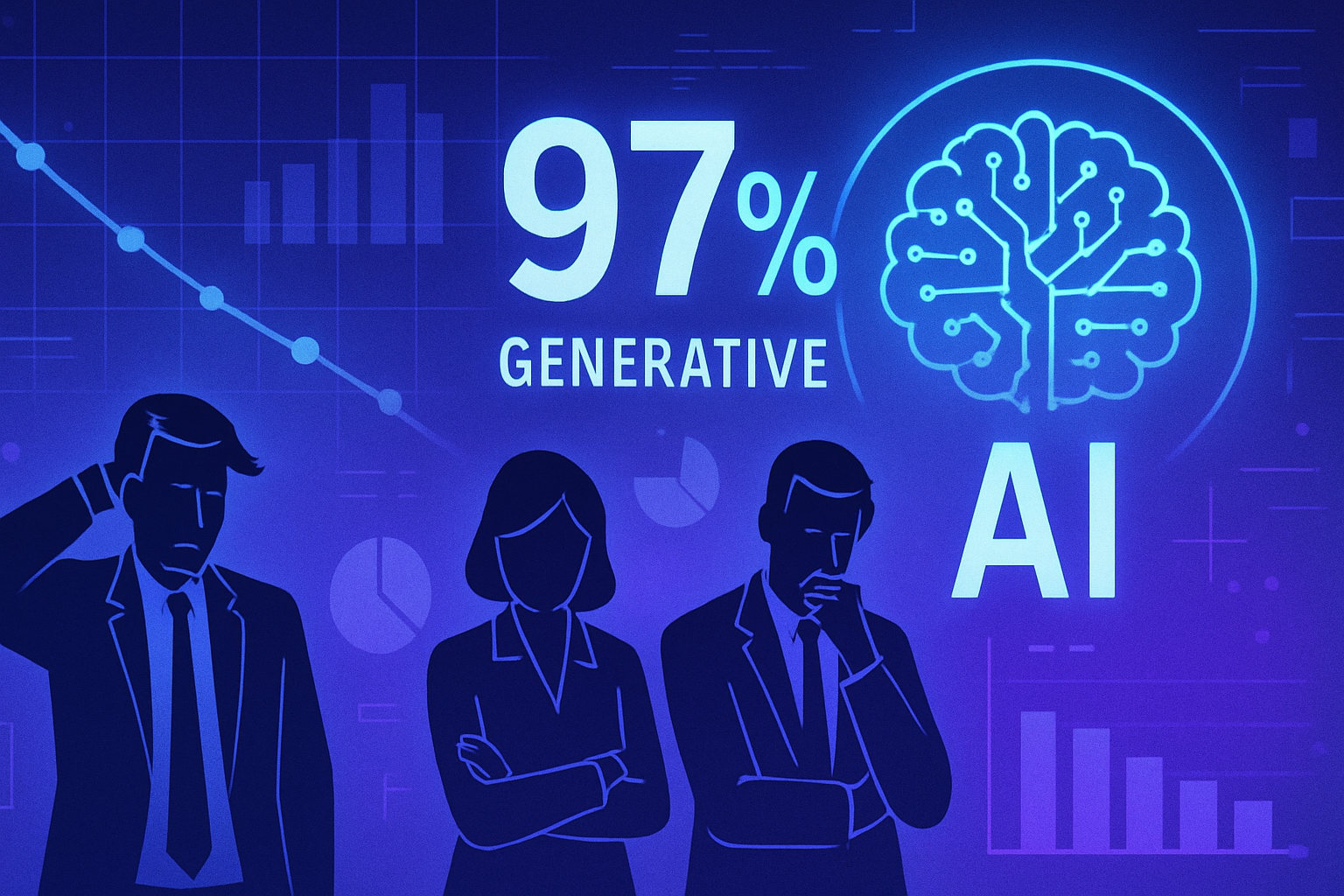The controversy surrounding Grok Imagine raises pressing and delicate ethical questions. The creation of potentially problematic content, such as deepfakes, disrupts established societal norms. Celebrity Taylor Swift is a symbol of this, an unwitting victim of this disturbing technology. *The lack of safeguards* in the AI tool exposes worrying flaws. Legal and ethical issues intertwine in this troubling reality. *An insufficient age verification* hardly protects public figures from abuse. This situation raises questions about the responsibility of creators of such technologies.
Ethics set aside
Grok Imagine, the new video generation tool associated with social network X, is causing great concern. Its rollout, planned for SuperGrok subscribers, allows users to produce videos from uploaded images. This creative freedom raises major ethical questions regarding the use of artificial intelligence.
A lack of safeguards
Unlike other platforms like Google’s Veo or OpenAI’s Sora, Grok Imagine does not have reliable protective measures. The lack of filters to prevent the creation of problematic content, such as deepfakes, is alarming. This absence of regulations risks exposing users to worrying abuses.
The troubling experience of The Verge
A journalist from the American media “The Verge” tested Grok Imagine with a simple request: “Taylor Swift celebrating Coachella with friends.” In doing so, she inadvertently revealed the absence of appropriate restrictions. The results generated videos with no filtering at all, including images of Taylor Swift topless.
Striking but problematic results
Although the resemblance to the American singer was recognizable, the quality of these creations left much to be desired. Selecting the “Spicy” preset led to altered videos displaying suggestive movements. These results do not guarantee nudity either, showcasing the unpredictability of the tool.
Age verification, an insufficient measure
Currently, age verification is the only defense against the inappropriate use of Grok Imagine. Users simply need to provide their year of birth without any proof. Such a lax control system hardly ensures the protection of individuals, particularly celebrities targeted by inappropriate content.
The legal framework in question
The legal implications of content generated by Grok Imagine fall under the recently enacted Take It Down Act. This legislation targets the “non-consensual distribution of intimate images,” which explicitly includes deepfakes. Elon Musk’s and Grok’s response remains uncertain in the face of growing demands for regulations.
Consequences for celebrities
The unbridled content generated by Grok Imagine can have devastating repercussions for public figures like Taylor Swift. The ability to produce pornographic or compromising images based on their likeness raises concerns regarding consent and reputation. Such a dynamic questions the very ethics of using AI technologies in the creative domain.
Reactions and criticisms
Public figures and experts are already speaking out against the drift of Grok Imagine. Calls for stricter regulation of artificial intelligence are being heard, particularly to protect artists and the public. Voices are alarmed by the threat this represents to creativity and the safety of individuals in an increasingly digitized society.
The debates surrounding Grok Imagine illustrate the ethical challenges posed by AI, a topic that will continue to fuel conversations in the months to come. The reactions to the controversies sparked by this tool must be taken into account to protect the rights of individuals and creators.
Frequently asked questions about Grok Imagine and Taylor Swift
What are the ethical implications of using Grok Imagine to generate videos of celebrities?
The ethical implications are concerning, as Grok Imagine allows the creation of uncensored videos without strict regulation, which can lead to inappropriate representations and the dissemination of potentially harmful content.
How does Grok Imagine ensure user safety from problematic content?
Currently, Grok Imagine has only a minimalist age verification, simply asking users to state their year of birth, without real control or proof, limiting its effectiveness in terms of safety.
What types of content can be generated by Grok Imagine?
Grok Imagine offers several video styles but is particularly criticized for its “Spicy” option, which can generate sexual content, raising concerns about the respectability and integrity of the subjects depicted.
What impact can Grok Imagine have on the reputation of celebrities like Taylor Swift?
The potential for Grok Imagine to create deepfakes and degrading content can harm the reputations of celebrities, exposing them to non-consensual images that can affect their public image and private lives.
What are celebrities’ reactions to content generated by tools like Grok Imagine?
The reactions of celebrities, including Taylor Swift, have not yet been publicly expressed regarding Grok Imagine, but it is likely that this raises significant concerns about the protection of their image and their right to privacy.
How might the Take It Down Act influence the use of Grok Imagine?
The Take It Down Act aims to regulate the non-consensual dissemination of intimate images, which could have legal implications for services like Grok Imagine if generated videos violate this regulation, particularly regarding deepfakes.
Why is it important to discuss the ethical issues related to video generation technology like Grok Imagine?
Discussing these issues is crucial to raise awareness among the public and policymakers about the risks associated with the technology, encouraging more responsible practices and adequate regulations to protect individuals and their image.





